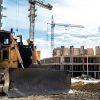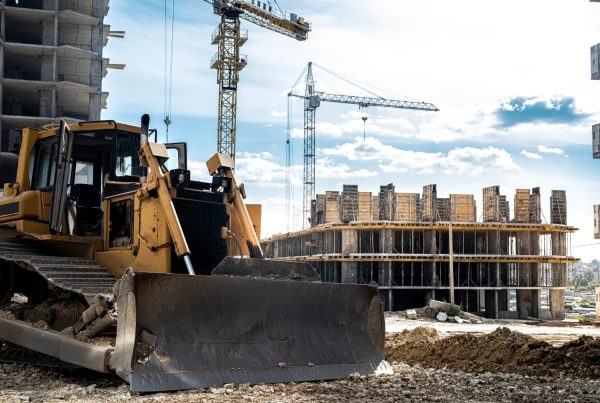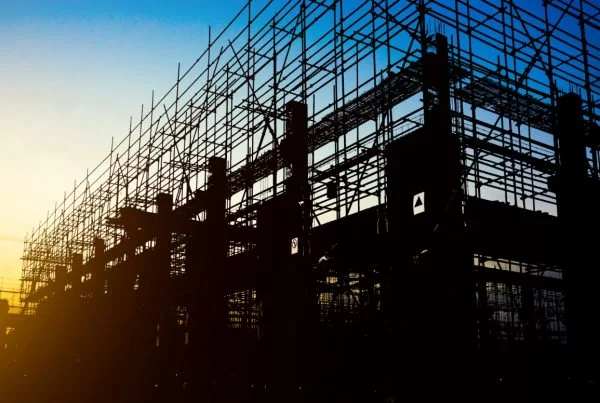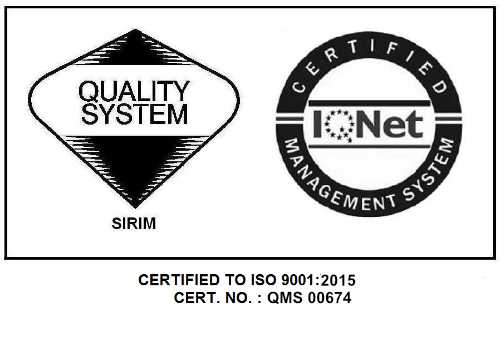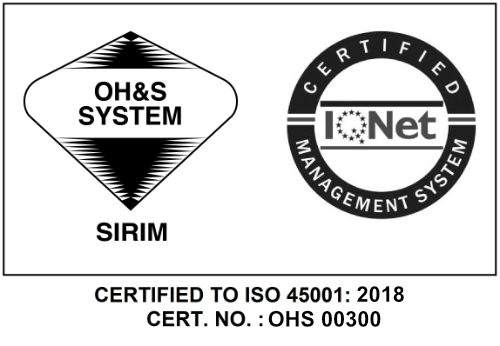
In the ever-evolving landscape of the construction industry, efficiency and productivity are non-negotiable. Artificial Intelligence (AI) has emerged as a potent ally, transforming equipment and fleet management.
By integrating sensors and Internet of Things (IoT) devices, AI can continuously monitor the health and performance of machinery. Real-time data, from engine diagnostics to fuel consumption, is analysed to predict maintenance needs accurately. This predictive maintenance approach minimises downtime, enhances equipment lifespan, and reduces operational costs.
AI does not stop at equipment; it extends its prowess to fleet management. Construction companies are leveraging AI algorithms to optimise fleet operations. To plan the most efficient routes, these algorithms consider various factors, including project schedules, traffic conditions, and driver behaviour. Such optimisation leads to fuel savings, reduced emissions, and timely project deliveries, all contributing to a greener and more cost-effective construction process.
Autonomous Machinery Revolution
The construction industry is on the brink of a groundbreaking transformation with the advent of autonomous machinery. AI and robotics are joining forces to create construction equipment capable of autonomous operation. Imagine excavators, bulldozers, and cranes that can carry out tasks precisely without human intervention. These machines are equipped with sensors, cameras, and AI algorithms that enable them to navigate construction sites, avoid obstacles, and perform tasks with unrivalled accuracy.
Autonomous machinery is not just about efficiency; it is also a significant boon for safety. By eliminating the need for human operators to be physically present in dangerous environments, such as working at heights or in confined spaces, autonomous construction machinery reduces the risk of accidents and injuries.
In our next article, we delve into the remarkable ways AI contributes to sustainable construction practices, including enhancing energy efficiency, reducing waste, and promoting green construction methods.
Article 2: AI and Sustainable Construction: Building a Greener Tomorrow
Article 3: Usage of AI in BIM and 3D Modeling: Revolutionising Design and Visualisation
Article 4: AI for Materials Management and Supply Chain: Revolutionising Procurement Efficiency
Article 5: Challenges and Future Trends in AI Adoption


